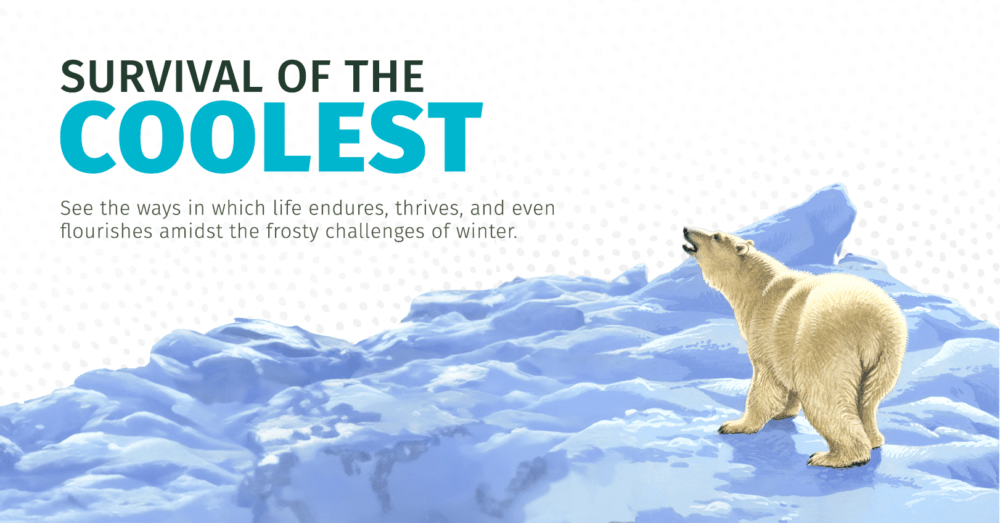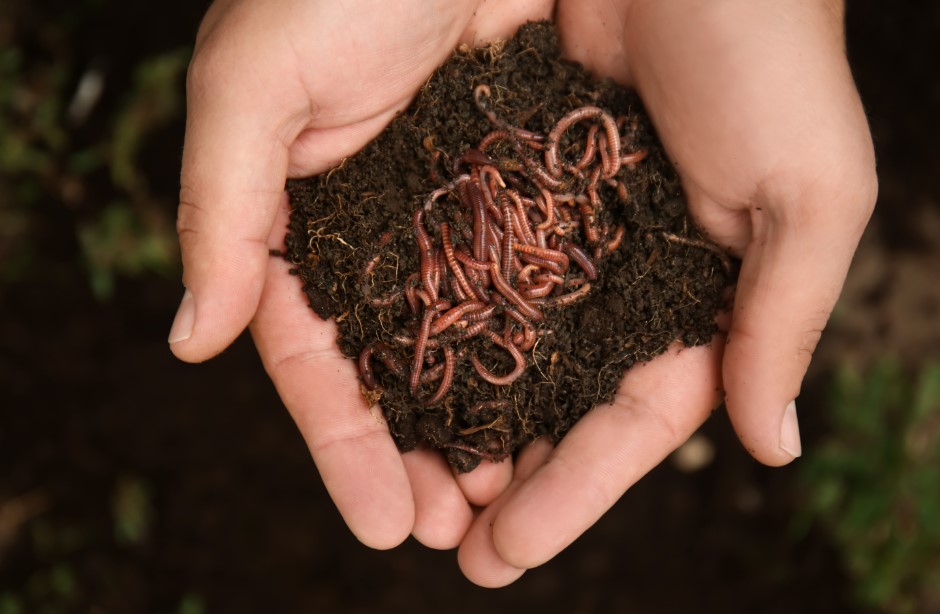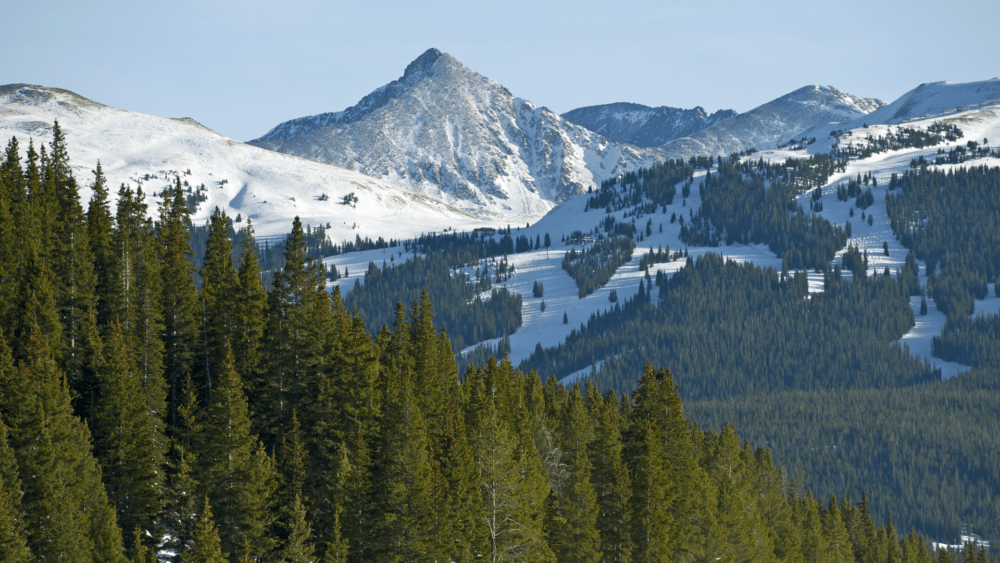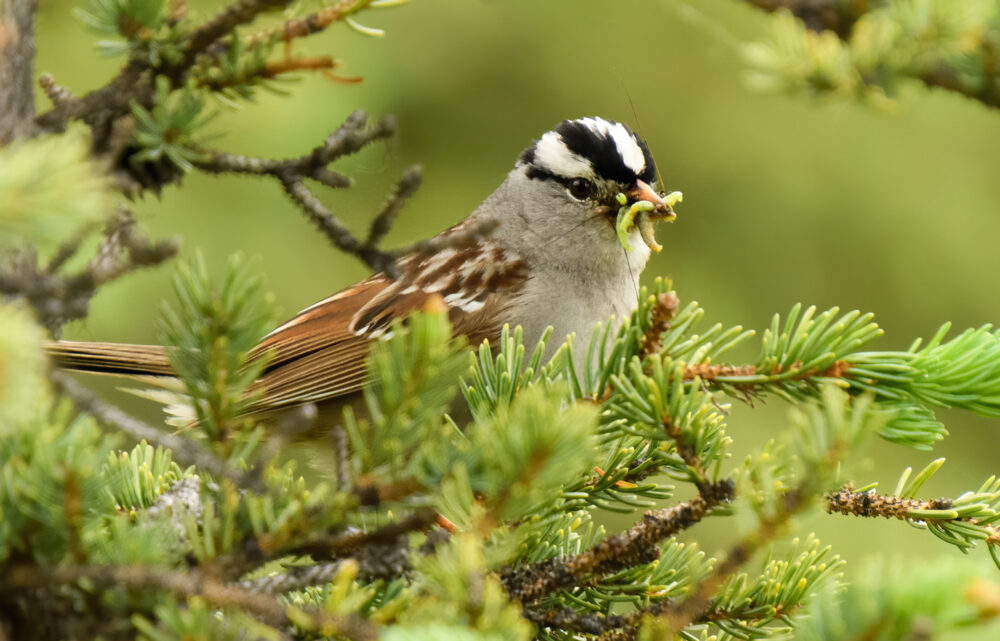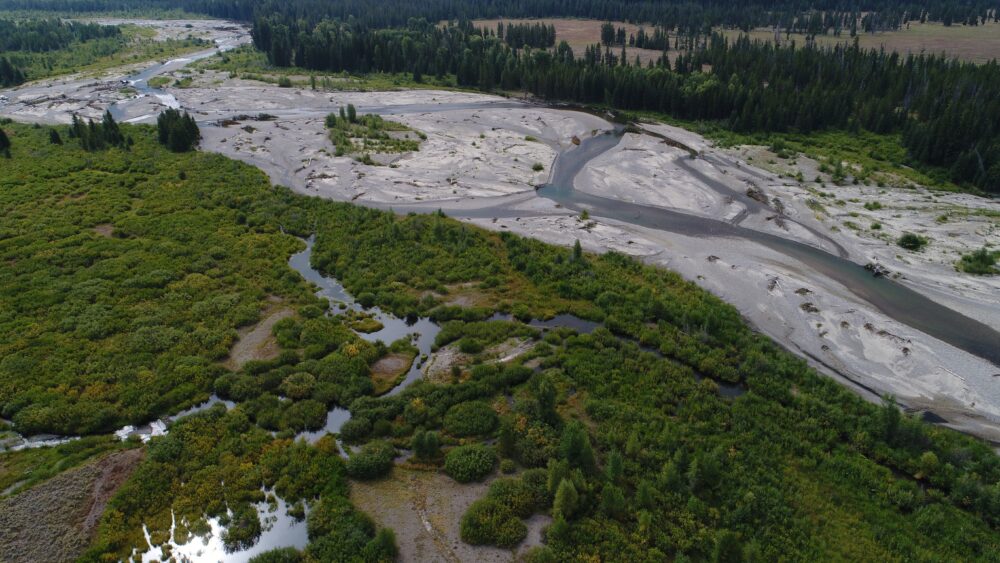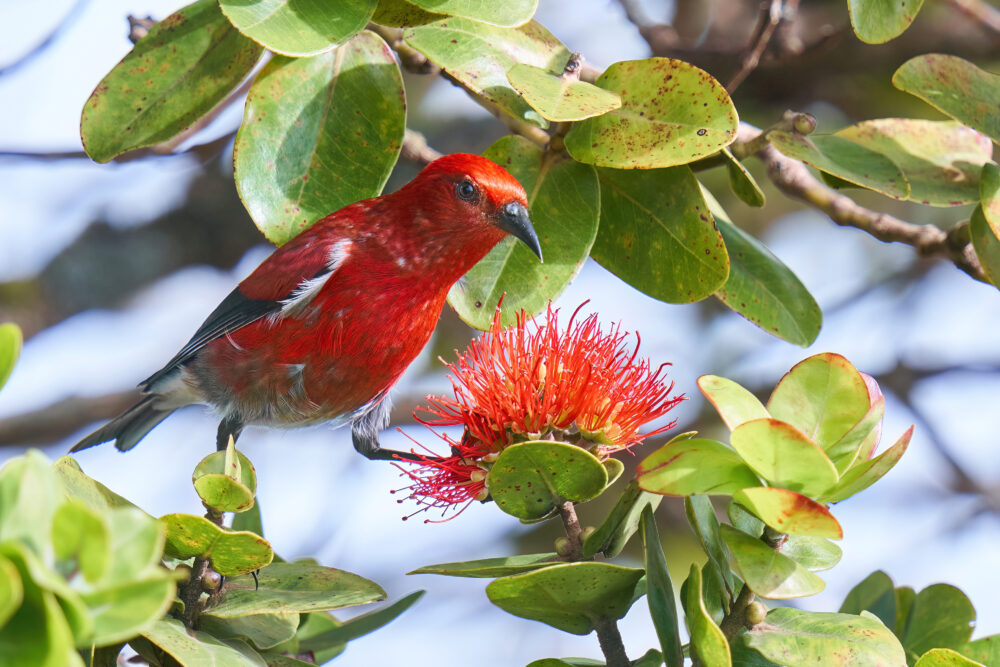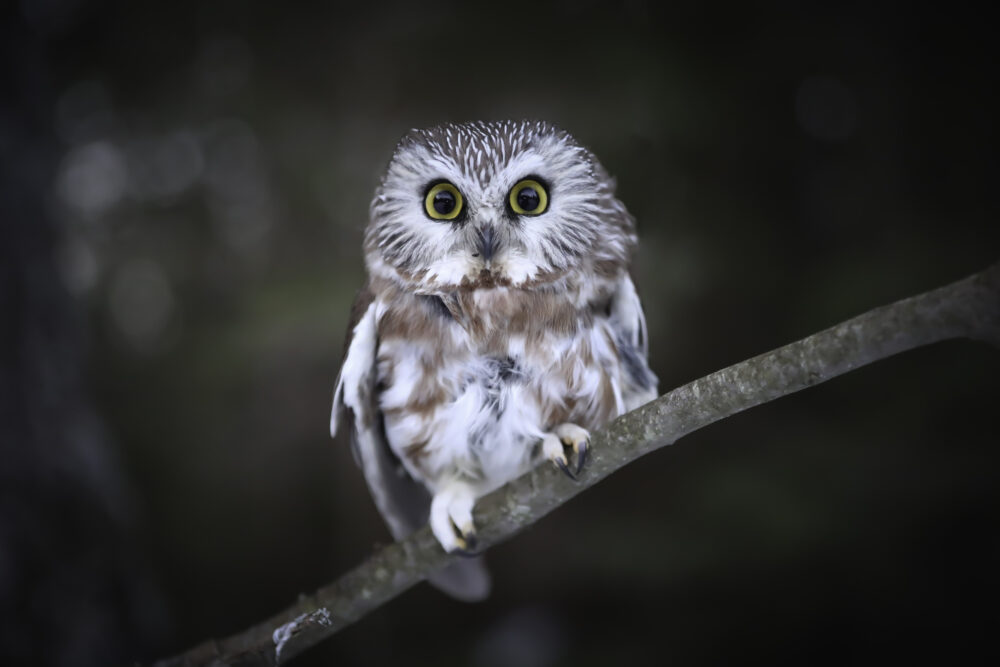We have much more to do and your continued support is needed now more than ever.
These Animals Don’t Care That It’s Freezing Outside
I was the first one to bust out my puffy jacket, gloves and hat to stay warm. I don’t like coffee, but I offer to hold other people’s drinks to warm my hands. I nuzzle my nose in my scarf. Similarly, the animals below have creative strategies to cope with the cold weather and are seemingly unaffected by the snow and ice. Bundle up & enjoy!
Great Gray Owl
Impeccable hearing to locate prey, feathered snow pants to stay warm, and talons to break through ice are just a few characteristics that help great gray owls hunt effectively in the snow. Just watch this great gray owl in action. Snow doesn’t seem to be an issue.
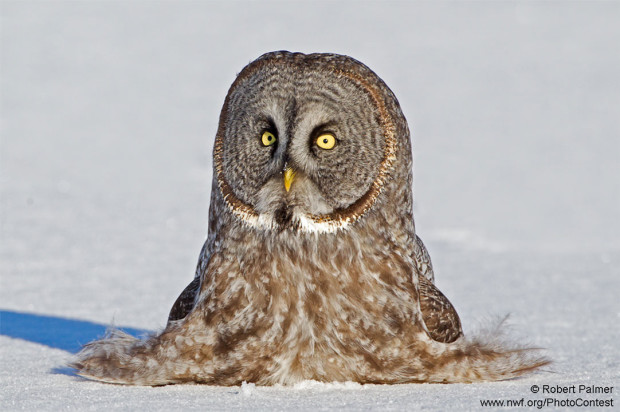
Grizzly Bear
Grizzly bears hibernate during the winter months, but they don’t miss out on all the snow. Grizzlies can be quite active as they forage and prepare for winter. They can sense when it’s time to enter their winter den based on the cold temperatures or snow conditions.
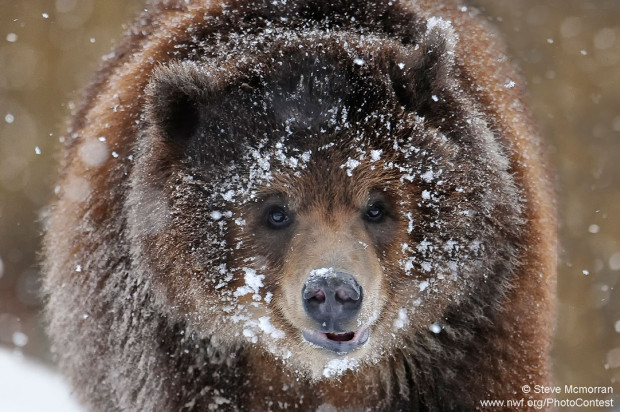
Moose
Insulating fur allows moose to survive very cold conditions. Although their long legs can navigate through snow depths of up to 36 inches, they prefer to hang out in the forest where there is greater cover.
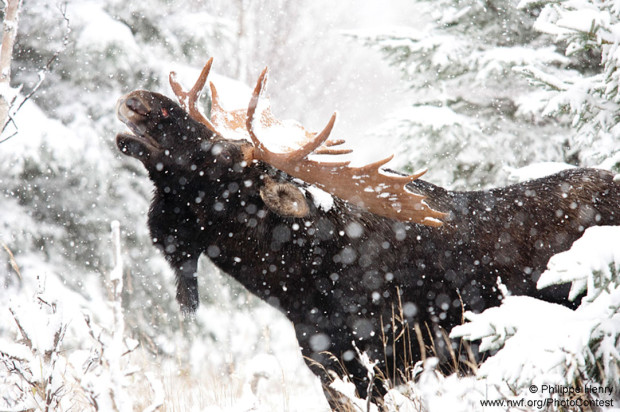
Bison
These gigantic creatures have superb insulation. Bison have “thick skin and underfur, long guard hairs, and layers of fat,” according to Yellowstone National Park. Try to look at one and not feel cozy.
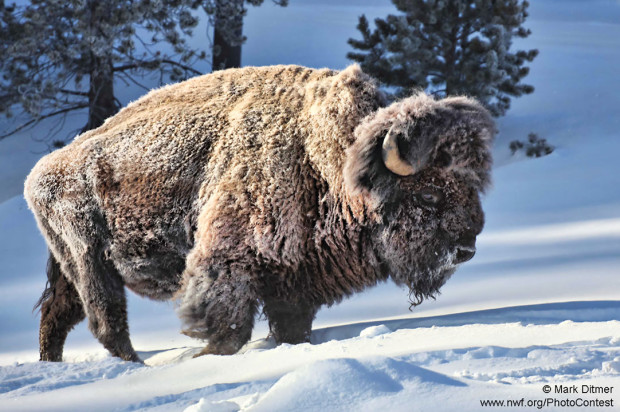
Mallard
I have poor circulation, which means my feet are always freezing. I see mallards swimming and waddling around in snow and can’t help but wonder how their feet aren’t icicles. The answer lies within their unique heat-exchange system, called counter-current circulation. Arteries carrying warm blood from the heart are interwoven with veins carrying cold blood from the feet. The netlike pattern allows blood flowing to the body to be warmed, and blood flowing to the feet to be cooled.
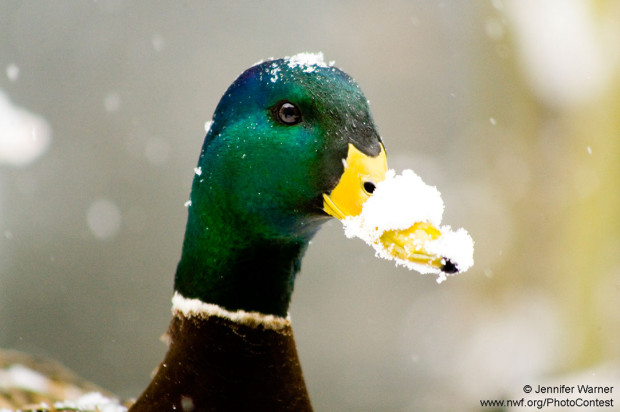
Deer
These two deer are oblivious to the fact that it is frigid. Probably because their winter coat keeps them warm, even when it’s -30 degrees Fahrenheit outside! Each hair on a deer’s winter coat is hollow, trapping air that helps them retain heat. Quilts, window panes and house insulation all utilize air pockets in similar ways.
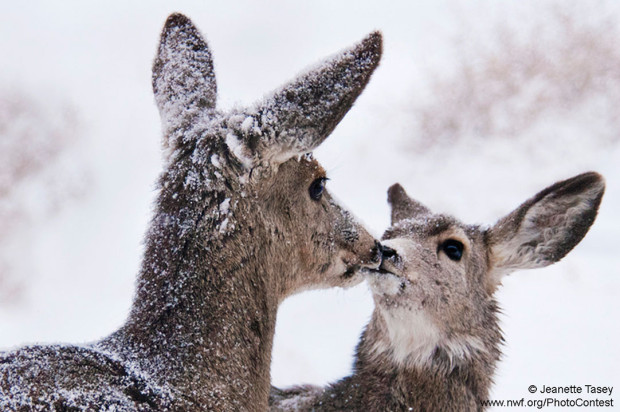
Squirrel
This time of year, squirrels look a little bulky. They increase their body mass as one way to stay warm during the winter.
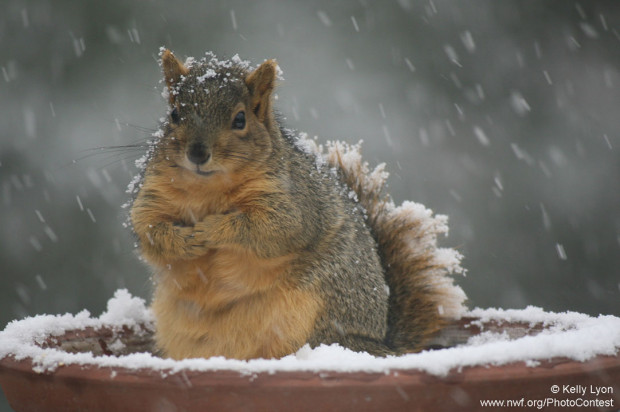
Red Fox
One of my favorite videos is of a red fox, diving head first into the snow to capture prey. Impressive. Take a look at some incredible fox photos we’ve collected from our Facebook community.
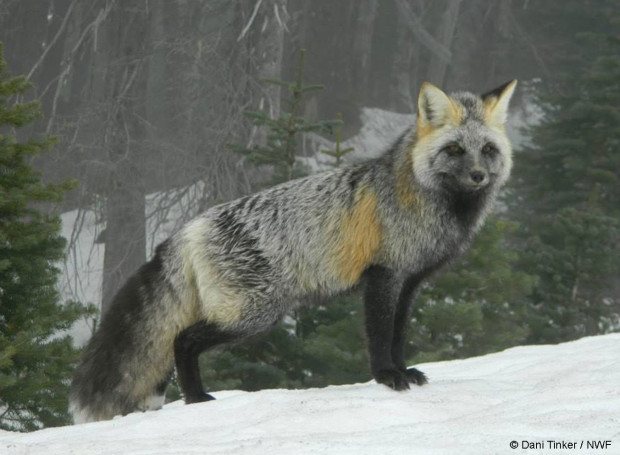
Cuddle With Wildlife
While we don’t offer real wildlife adoptions, we do have some adorable replicas you can cuddle up with to keep warm. Symbolically adopt one of the animals above, or browse more species:













